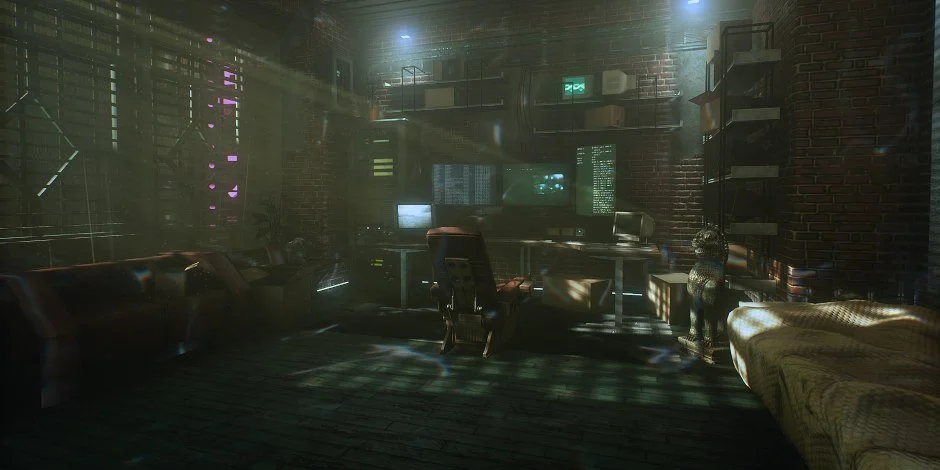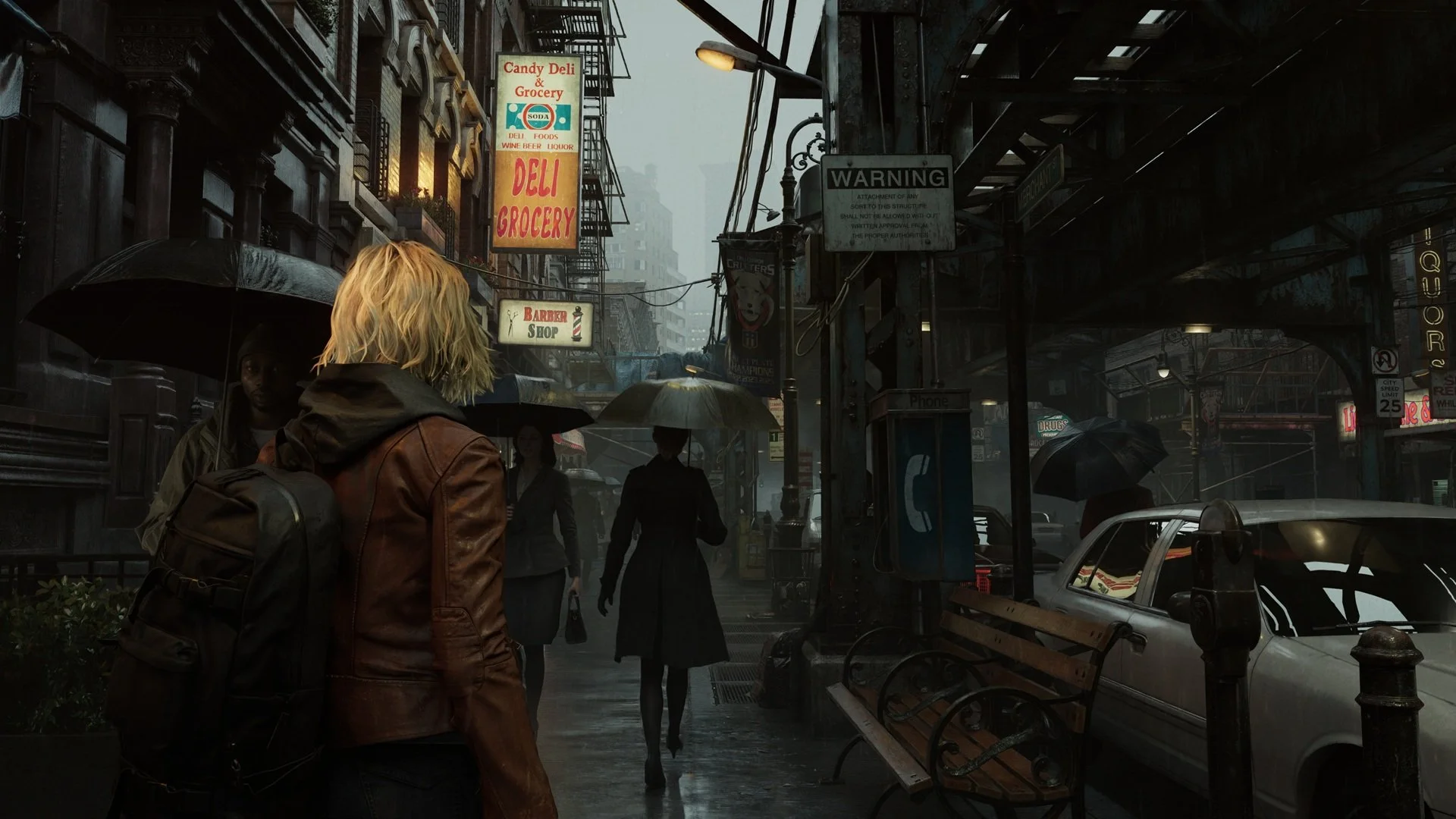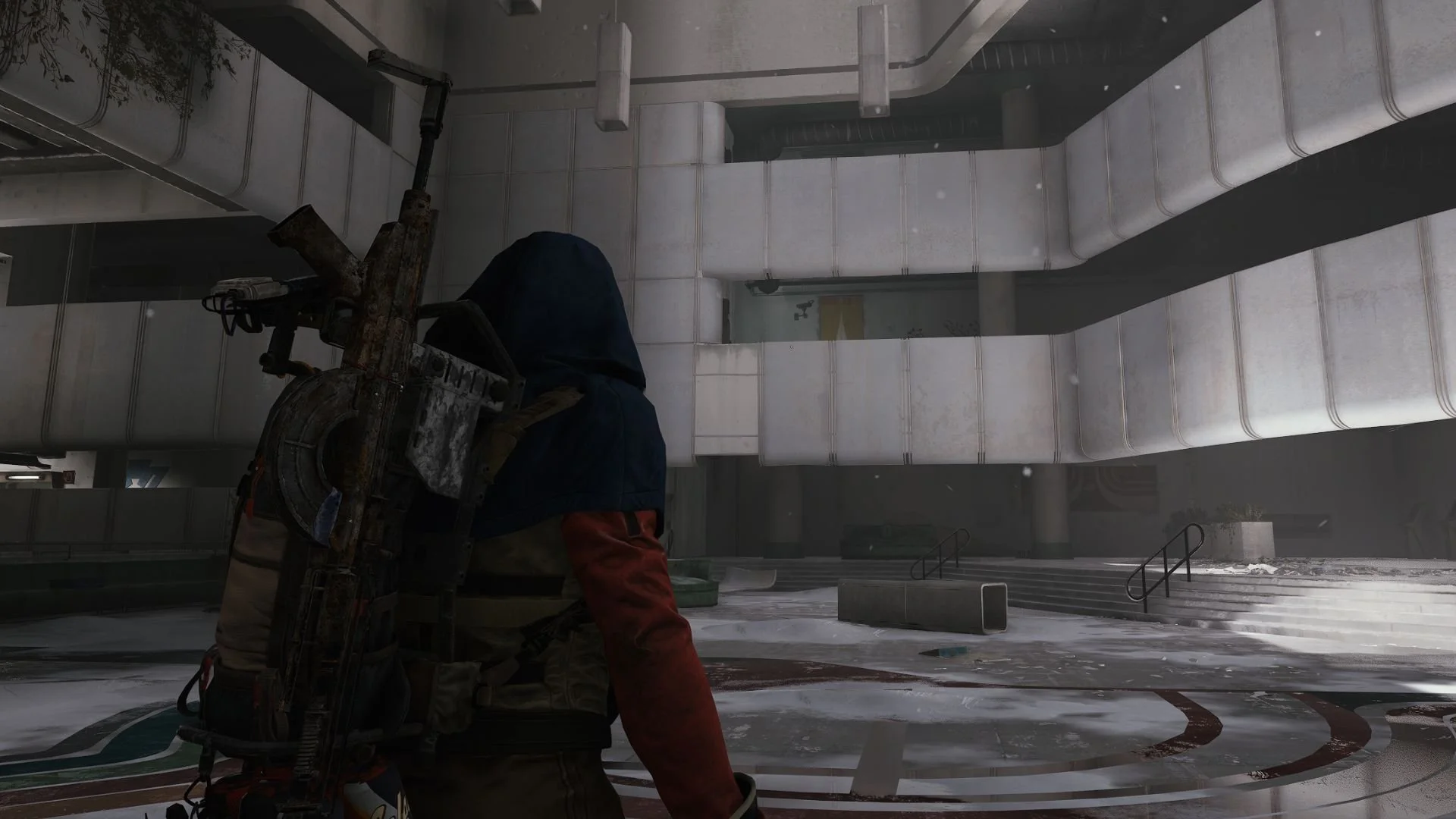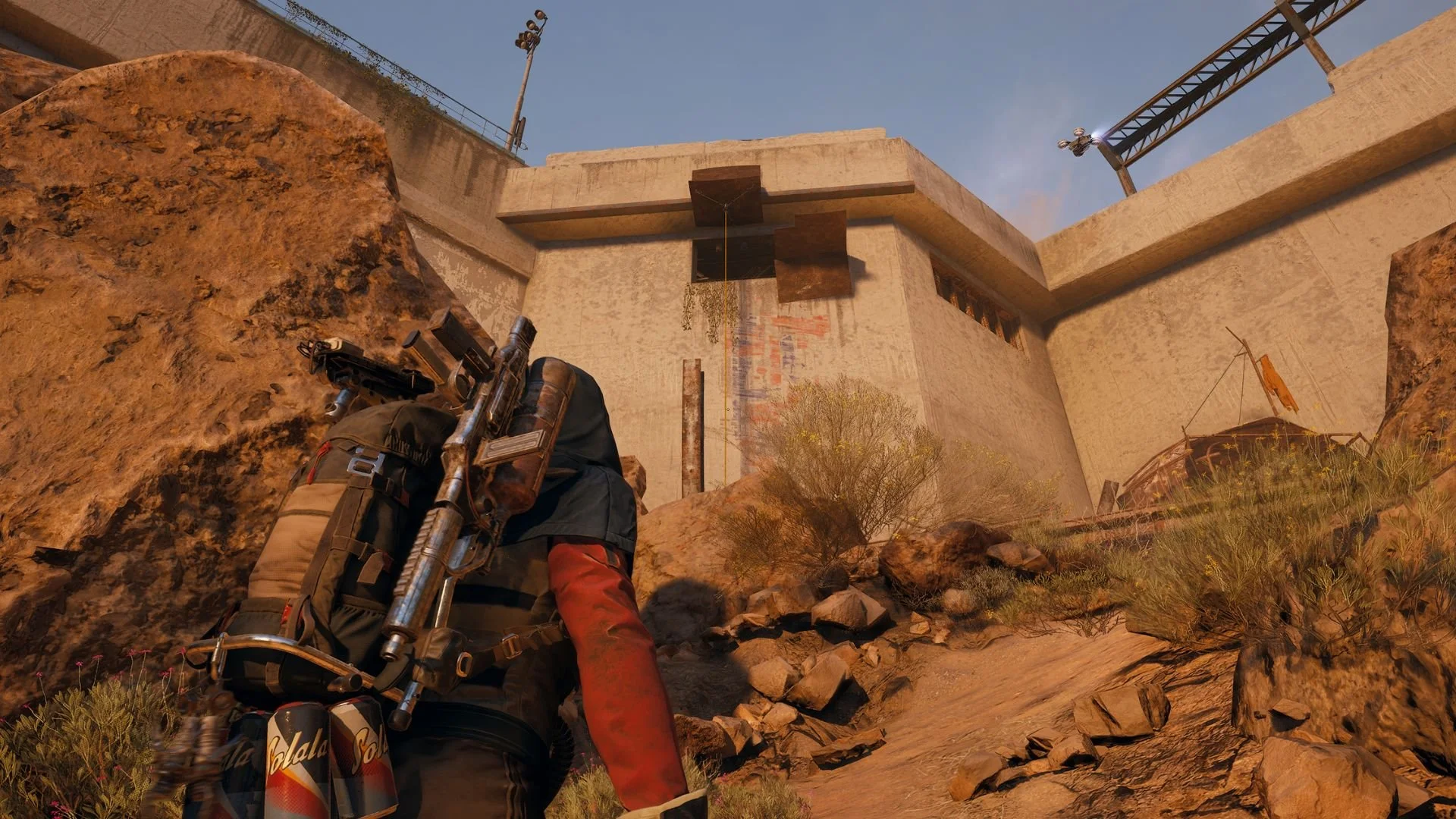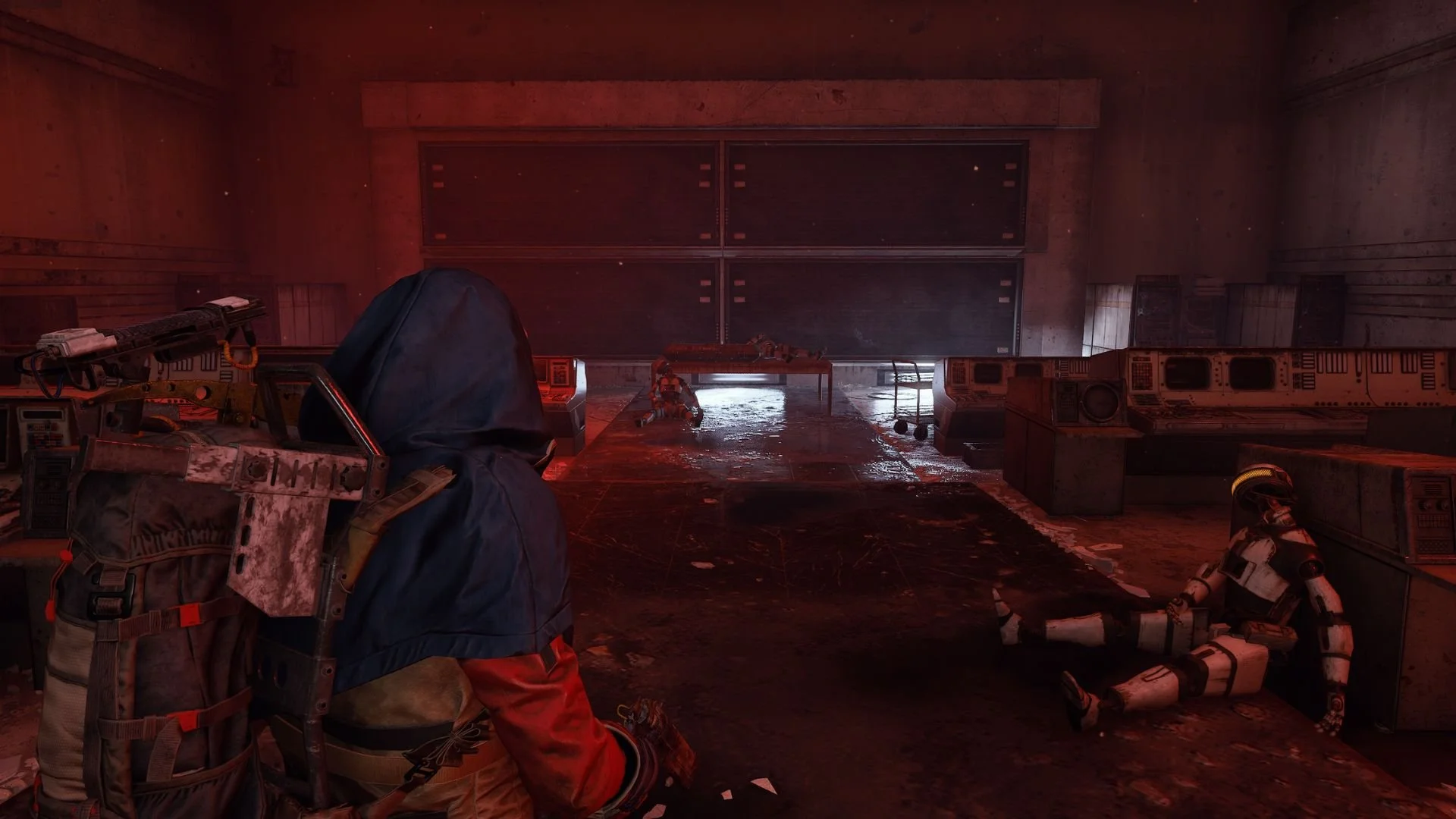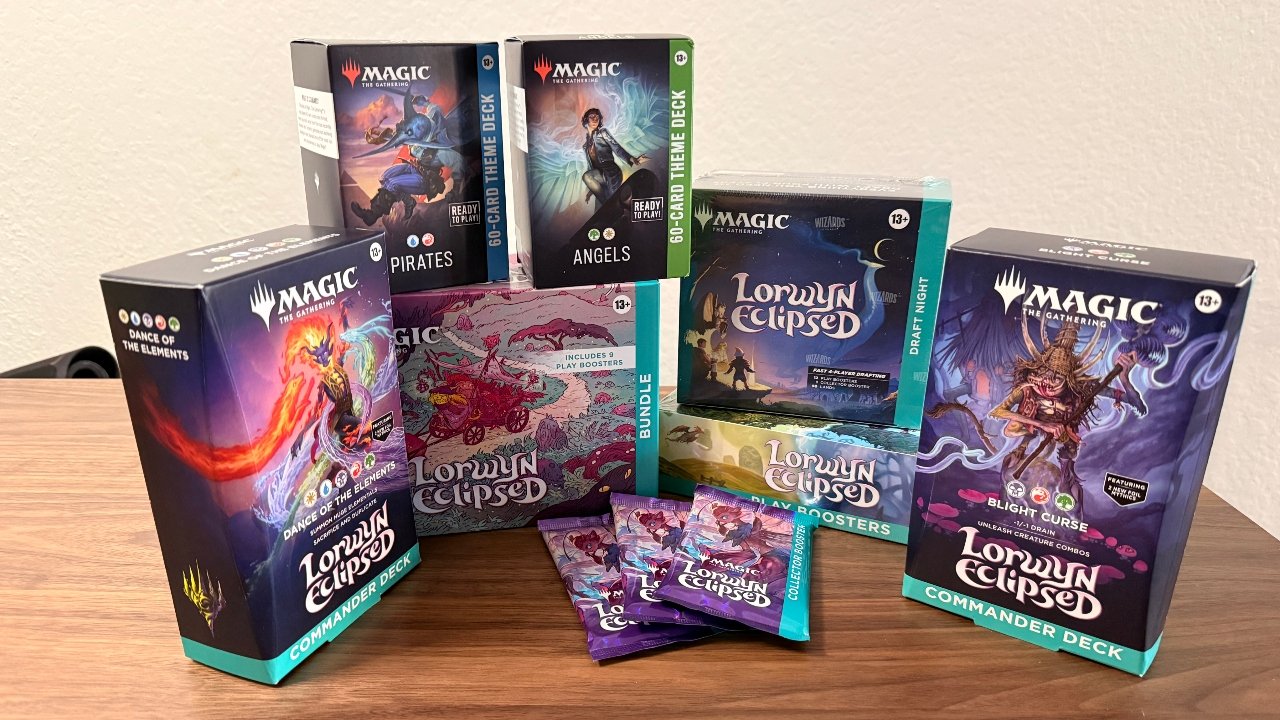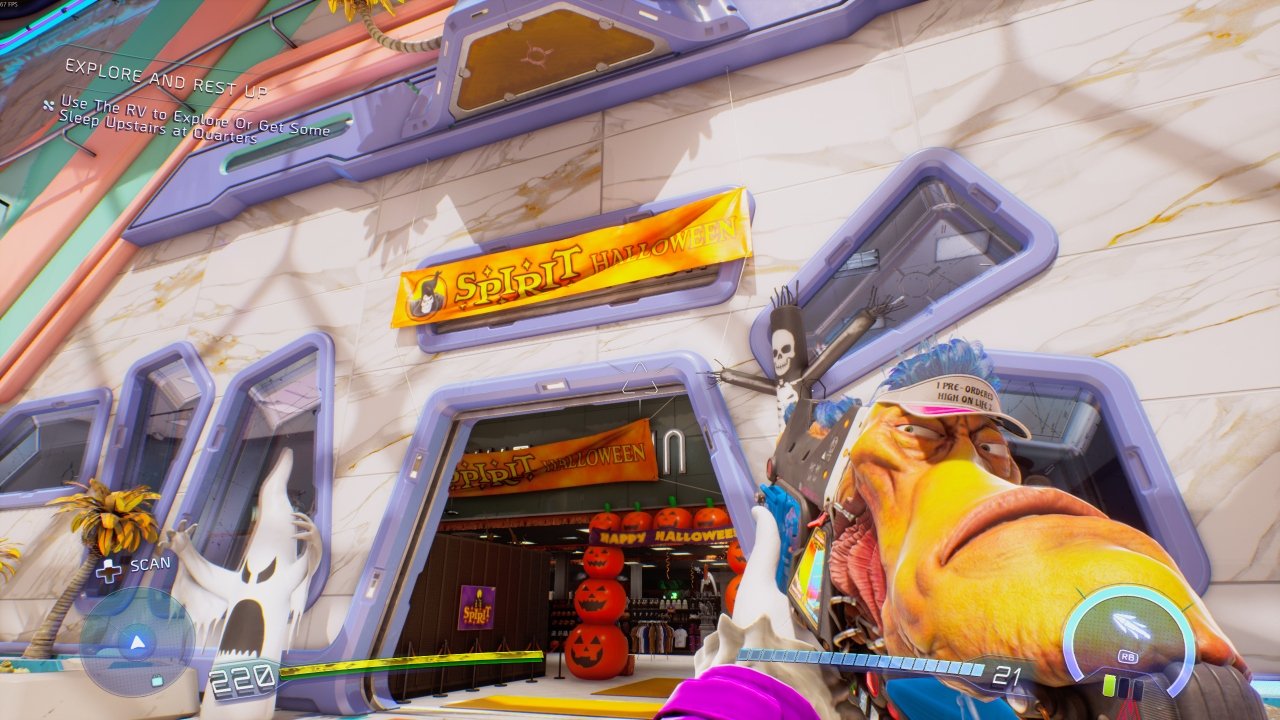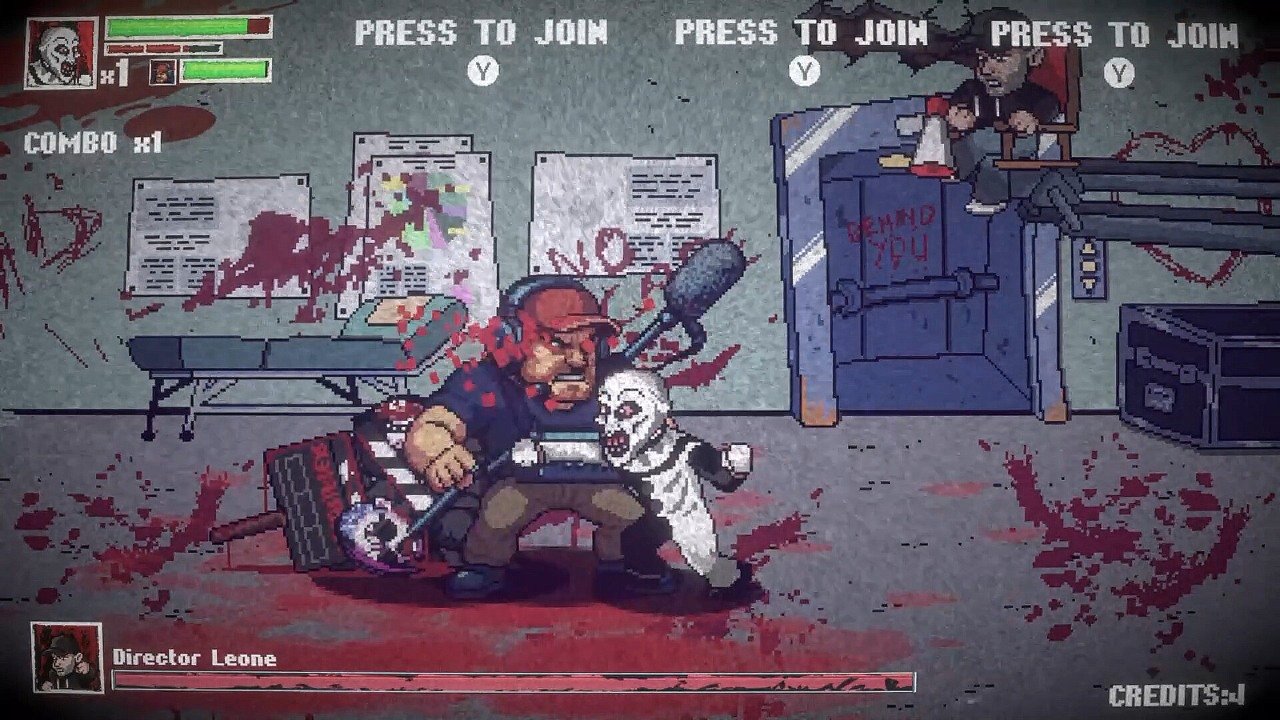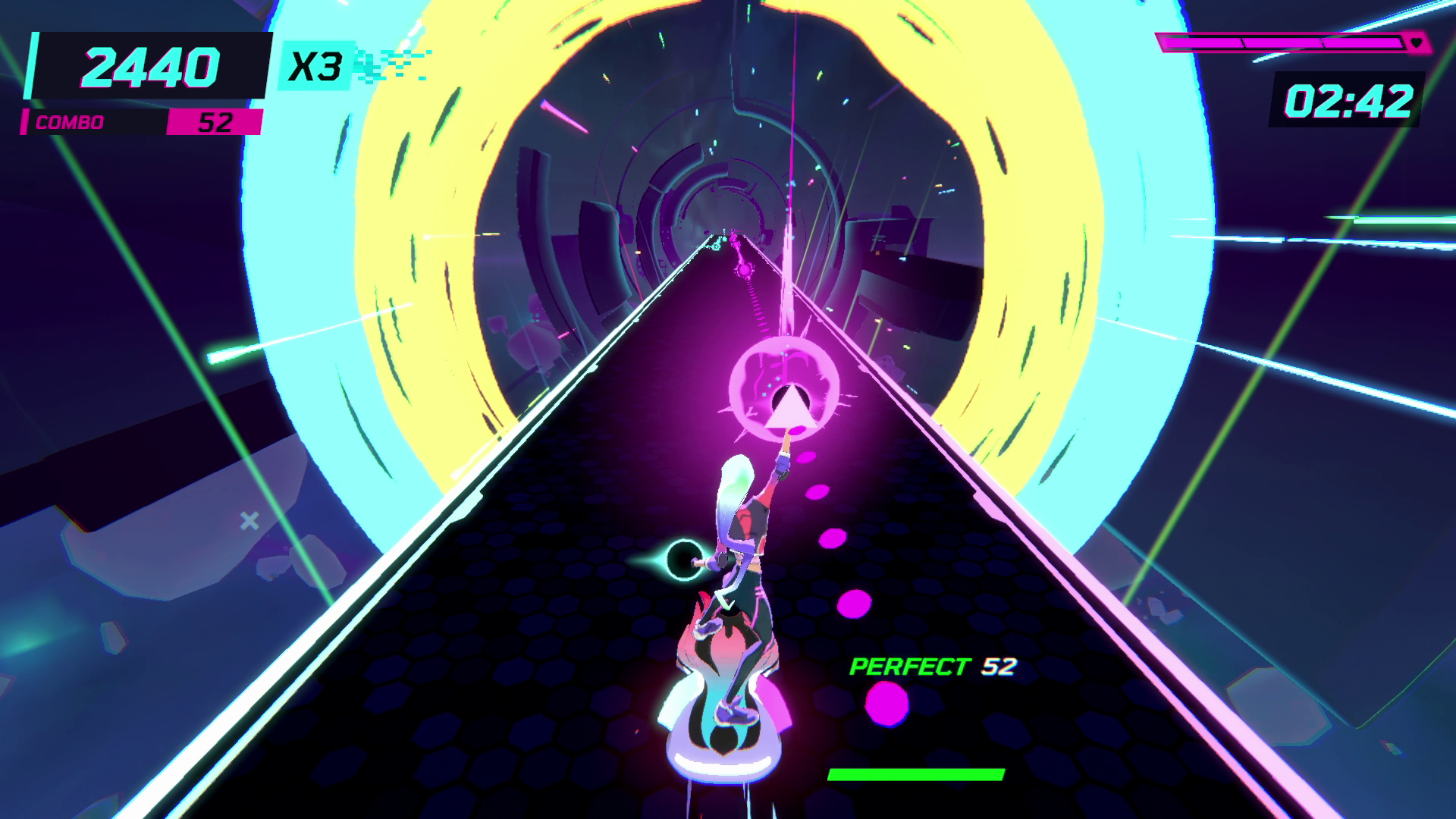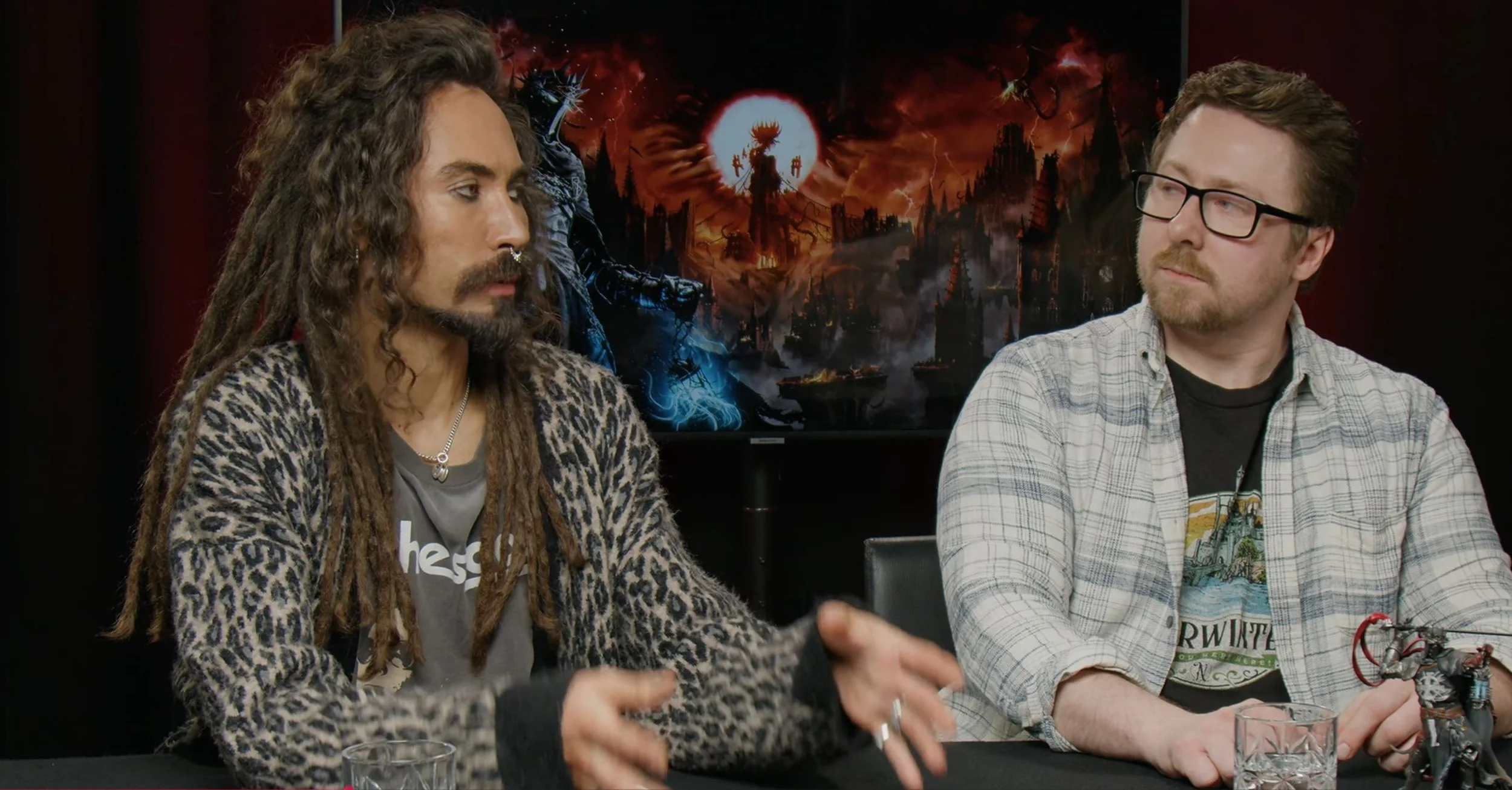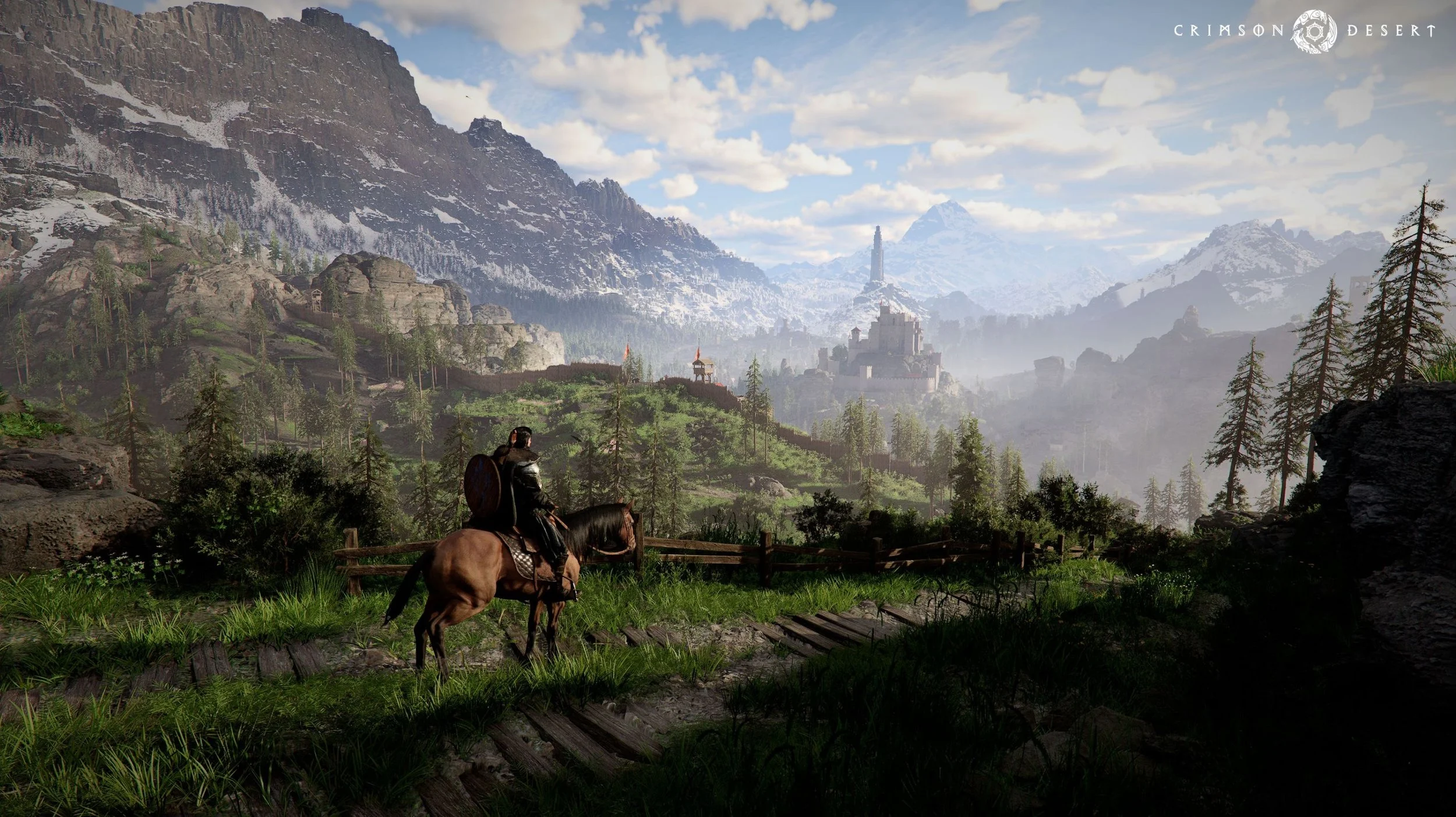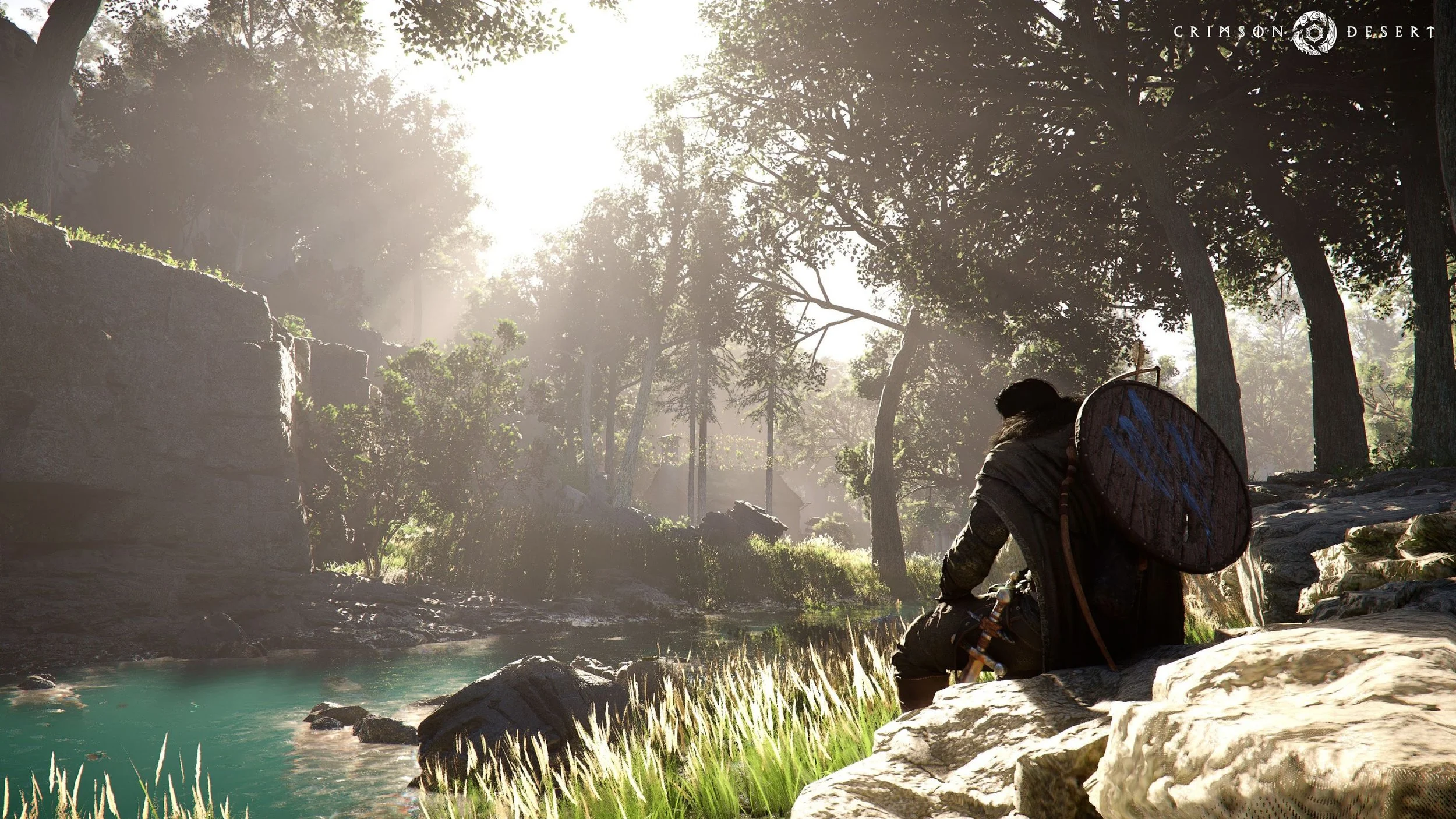PS4 Review Code Provided by PLAYMIND
When it comes to art in all forms, many describe how much one person or multiple people like the finished product as subjective. While this is true, there are ways creatives can reach out to a common problem that we all face in a unique way. That is what PLAYMIND aimed for when created The Inner Friend as we are given a playable experience full of metaphors as we make our way through the memories of our broken antagonist.
Story
While this is not directly told, the game will take you through a variety of areas including a school, a mall, and so much more. Each level plays out like a story of its own that pulls together the painful feelings from harsh memories. Some levels feature fear while others focus on anxiety, but in the end, the story seems to be about mending one’s feelings as they overcome a past full of memories.
Gameplay
Keeping the mechanics simple, players are only given the ability to move, jump, and interact with things. If you use the interact button with nothing to interact with, the character just rubs the back of their head. As far as controlling your run and walking speed, you don’t. The game has you walking when you are in the kid’s room, which acts as a stationary between levels and running pretty much any other time.
Each level will feature its own set of tasks, but they won’t tell you what to do. This game is all about figuring out what to do next and where to go on your own, giving the sensation of being lost and confused. There are little extra pieces that you can find in each level that “complete” your character as you put them in the kid’s room along with the end level item, but they are optional for the most part.
There are some puzzles in the game, but most of the puzzling aspect is just figuring out what you are supposed to do. Should you explore? Maybe just run from a chasing enemy, but to where? Every level is set up well enough that you understand all the little nooks about it so that as you proceed you aren’t left completely in the dark, just unguided.
Easily the weirdest aspect of the game is the way that you choose the levels while going through the story. When you beat the game, there is a simple level select menu that shows you if you missed any items or notes so you can get everything if you wish to, but when going through your first playthrough you go through a pretty unique set up. Once you place the item from the last level in the room the hole in the side of the room will open up to you. After running down this hall and reaching the end, you start free falling and end up falling into a giant pit of building segments. Here you need to kind of glide, or controlled fall, down to one of the building segments to find a level entrance. After completing a couple of levels, it is possible to find a blank building so you drop to the bottom and it will put you back on the top to try again.
Visuals
Graphically, this game does a good job and showing off each area and pulling off the dark atmosphere. Everything is very obvious as to whether it is just scenery, dangerous to touch, and any other visual signs you could need. Nothing impressive, but does a great job to pull off what they were going for.
Audio
All the sound effects are pretty matching to everything going on, aside from the obnoxiously heavy footsteps your player makes. There isn’t a lot of music and when there is it is a soft style that feels like a hug for your ears. I just wish they would soften the steps of your character because they thud like he is wearing tactical boots.
Replayability
Other than wanting to go through each level and find every hidden item to complete the kid’s room, there isn’t much reason to go back through the game. All the levels are the same as the first run.
What It Could Have Done Better
As I mentioned before, the footsteps sound effect needs to be softened to match the atmosphere and character better.
What I didn’t mention is the issue I had with the controls. With a game that only has movement and interactions as their controls, this needs to be 100% solid, but unfortunately, it wasn’t. I found the movement itself to be really clunky and aggravating, which was only more frustrating when it came to platforming and puzzle sections that rely solely on the player making precise movements. I found myself using the jump mechanic to control my player because his movement in the air is easier to control than on the ground.
The last thing to mention is more of a personal preference complaint, but I did not care for the level select setup they had for the initial run. I’m sure there was some kind of metaphor at play when it comes to falling into your memories, but it got lost on me when I just felt like I was guessing my way through levels and found myself more concerned with not being able to find them all. It might have been the number of structures, but it just seemed like an aspect this game wanted to try out that I think they would have been better off without.
Verdict
The Inner Friend is an interesting journey through the emotions in our memories and they do a great job pulling off this aspect in a visual, playable experience. While there are a few aspects that could use improvements, they can mostly be updated with a patch. That being said, if you like games that dive into the human psyche, then this game is a great choice for you. I truly enjoyed my playthrough of the game.








